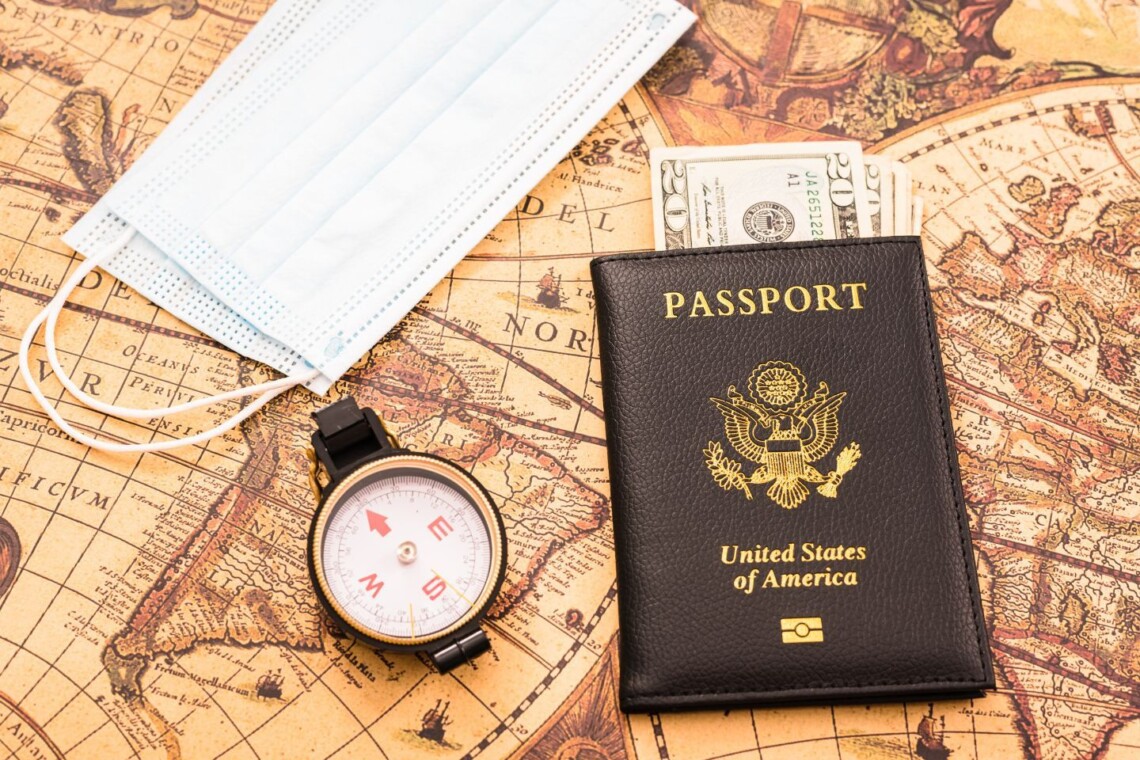Are you traveling to India anytime soon? Are you an international traveler looking for a comfortable, luxurious, and budget-friendly stay in India? What are the restrictions for travel to India? What documents do I need to travel to India? Does my hotel need to have a special certification for me to check in? Let’s answer all these questions and make your stay as comfortable as possible.
What are the restrictions for travel to india?
As of today, February 12, 2024, there are no specific travel restrictions in place for foreign nationals entering India related to COVID-19. However, there are some general rules and requirements you should be aware of:
Visa Requirements:
- You need a visa to travel to India unless you are an Overseas Citizen of India (OCI) cardholder. Apply for the right type of visa for the purpose and duration of your travel.
- Check the official website of the Indian Ministry of External Affairs for visa information specific to your nationality: https://www.mea.gov.in/
Entry Requirements:
- COVID-19: As of November 2022, India no longer requires travelers to show proof of vaccination or a negative COVID-19 test upon arrival. However, this can change, so it’s best to check for updates closer to your travel date with the official government websites or embassies.
- Passport and Documentation: You must have a valid passport with at least six months remaining validity and any required documentation based on your visa type.
Other Restrictions:
- Age Restrictions: Some hotels have minimum age requirements for guests (often 21+).
- Restricted Areas: Certain areas like Ladakh, Arunachal Pradesh, Andaman Islands, and parts of Sikkim require special permits for travel.
- Local Customs: Be respectful of local customs and dress codes, especially in religious areas.
Additional Resources:
Remember, these are just general guidelines. It’s always best to consult the official sources and your embassy/consulate for the latest and most accurate information before your trip to India.
What are the requirements for hotels to have foreign guests stay at their hotels?
Here are the main requirements for hotels in India to accommodate foreign guests:
Mandatory requirements:
- Foreigner Registration: Hotels must register all foreign guests within 24 hours of their arrival by submitting a C-Form online on the FRRO (Foreigners Regional Registration Office) website. This includes details like passport information, arrival date, and purpose of visit.
- Guest Registration: Maintain a separate register (Form B) for foreign guests with details like name, nationality, passport number, date of arrival and departure, etc.
- ID and Visa Verification: Collect and verify passports and visas of all foreign guests upon arrival.
- Taxes: Collect and pay applicable taxes on behalf of foreign guests, which may include Goods and Services Tax (GST) and Tourist Tax.
Which hotel should I book in India if I’m traveling to Gurgaon?
Saltstayz offers luxury and comfortable stays to foreign internationals at the most affordable prices. All our properties across Gurgaon, Delhi, and Mohali have C-Form, which is a mandatory requirement for all hotels in India to accept foreign guests. At Saltstayz, we strongly believe in Atithi Devo Bhava which means Guest is God. We offer a comfortable stay, multi-cuisine food, and a free breakfast with every booking.
Other rules and tips for Foreign Travelers traveling to India
To ensure a smooth and enjoyable journey in India, here are some key rules foreign travelers should be aware of:
Visas and Entry
- Visa Required: Unless you hold an Overseas Citizen of India (OCI) card, you need a visa to enter India. Apply for the appropriate type based on your purpose and duration of stay.
- Passport Validity: Your passport must be valid for at least six months after your arrival.
- COVID-19: As of February 12, 2024, no COVID-19 restrictions are in place, but check for updates closer to your travel date with official websites.
Respecting Culture and Religion
- Dress Modestly: While clothing styles vary, dress modestly, especially in religious areas. Cover shoulders and knees in temples and other sacred places.
- Public Displays of Affection: Public displays of affection are generally frowned upon.
- Footwear: Remove shoes before entering temples and some houses.
- Photography: Be mindful when taking photos, especially of people and religious sites. Ask permission if unsure.
Safety and Security
- Petty Theft: Be cautious in crowded areas and public transport. Use secure bags and keep valuables close.
- Scams: Be wary of scams, especially when dealing with touts or unsolicited offers.
- Traffic: Traffic rules are often loosely followed. Exercise caution when crossing roads and be aware of chaotic driving conditions.
- Emergency Numbers: Remember emergency numbers: Police (100), Ambulance (102), Fire (101).
Local Customs and Laws:
- Alcohol and Drugs: Alcohol consumption is legal in most areas but restrictions vary. Drugs are strictly prohibited.
- Alcohol in Public: Public consumption of alcohol is generally not allowed.
- Smoking: Smoking in public places is banned.
- Bargaining: Bargaining is common in markets and with some vendors. Be respectful and fair.
Currency and Transactions:
- Carry Local Currency: While credit cards are accepted in major cities, carry some local currency (Rupees) for everyday needs. UPI has been widely accepted in India.
- Currency Exchange: Use authorized money changers and be aware of exchange rates.
- Tipping: Tipping is not mandatory but a small gesture to service staff is appreciated.
Additional Tips:
- Learn Basic Phrases: Knowing some basic Hindi phrases can be helpful.
- Download Essential Apps: Consider apps for maps, currency conversion, and translation.
- Respect Local Customs: Be mindful of local customs and traditions.
- Embrace the Experience: Be open to new experiences and cultural differences.

Join The Discussion